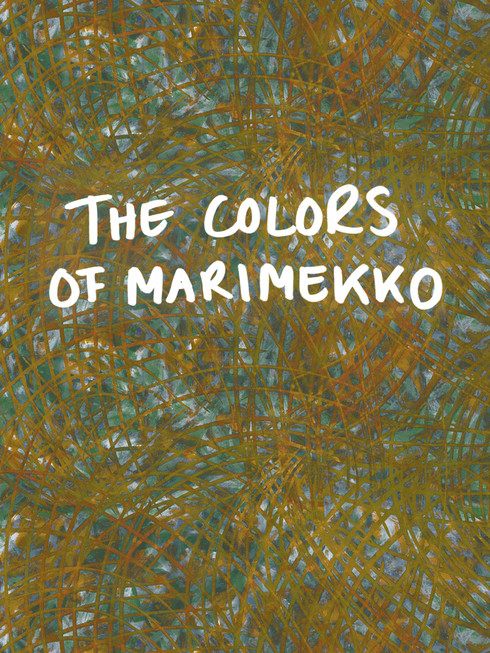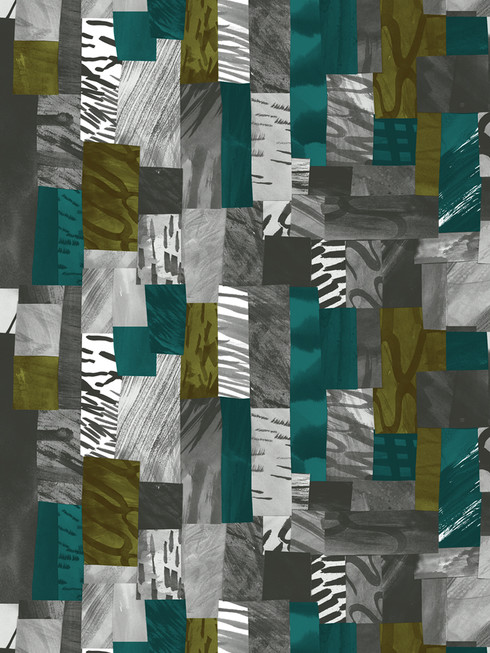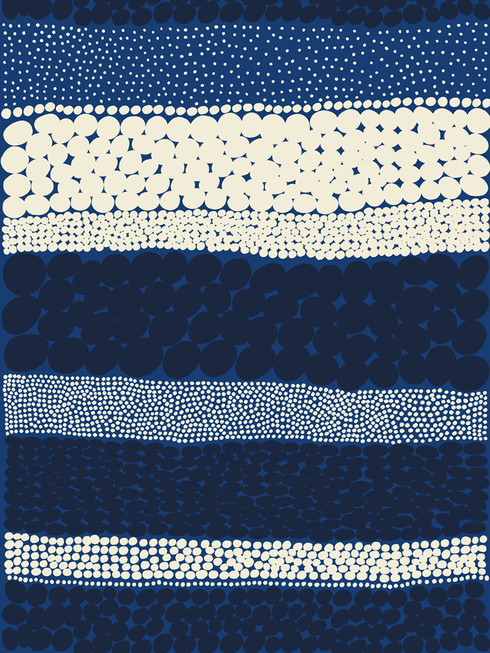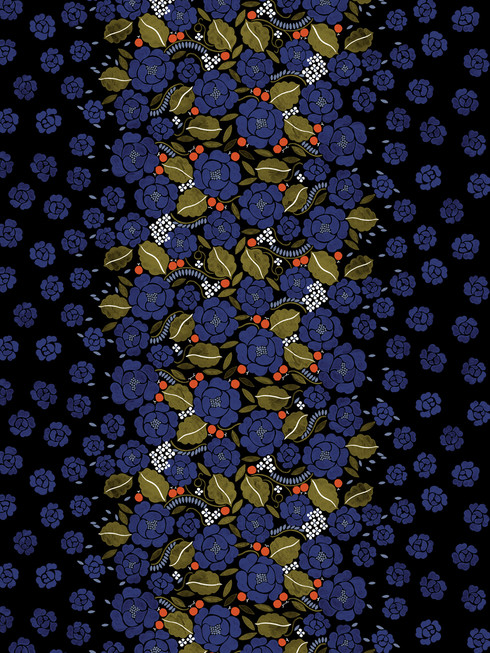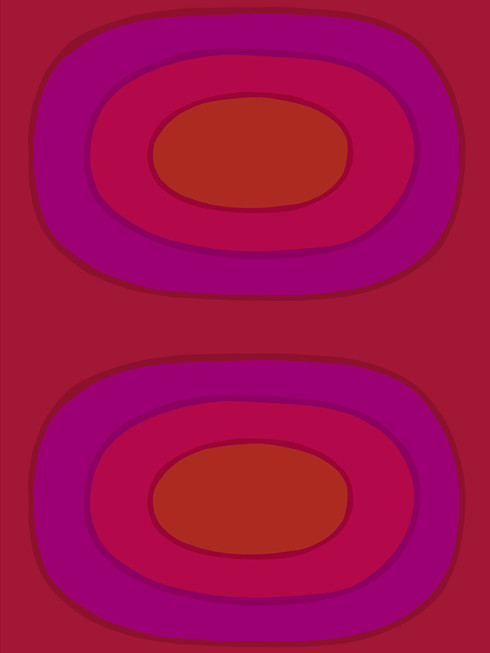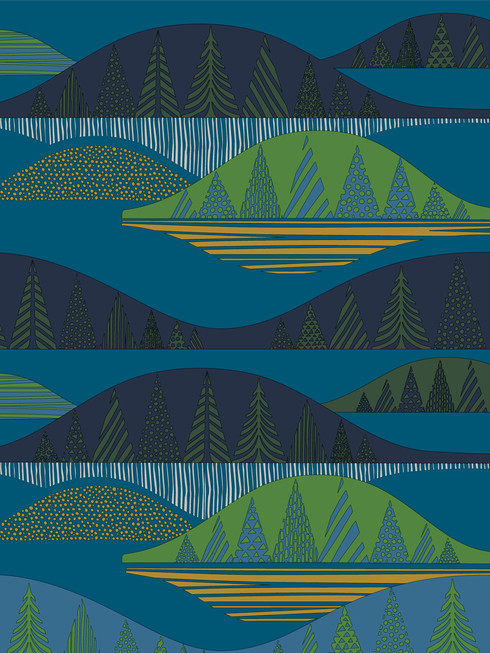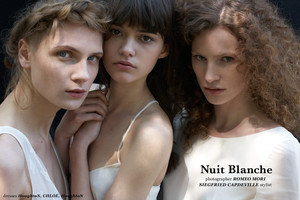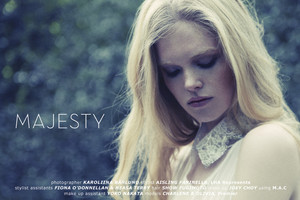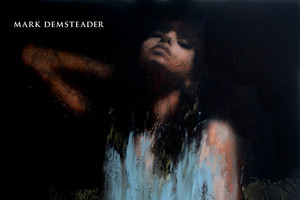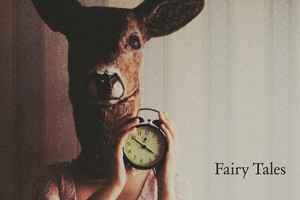The Colors of Marimekko
Written by Michaela WidergrenIn the early 1950s the founders of Marimekko, Armi and Viljo Ratia began experimenting with fabric, prints and color. A fashion show was held, showcasing the beautiful and modern prints. The couple wanted to show what every woman could look like and accomplish with her sewing machine and the playful textiles of Marimekko. The original prints were seen as the most avant garde and became a natural success among the women in Finland.
When living in a habitat that’s pale white and grey most of the year, being drawn to vibrant colors becomes inevitable.
Sixty years later I’m invited to one of Marimekko’s concept store openings and for an interview with the people behind Marimekko. The first feeling I get when meeting these women is controlled but still most passionate. There is no doubt they live and breathe for the brand and its reputation.
I can feel the national romantic mentality of the designers and creators in the air, a mentality that is absolutely required to survive and develop for as long as Marimekko has done.
I had an inspirational talk with Erja Hirvi, one of the twenty five designers behind Marimekko’s current style. Erja is a designer of prints; she told me that all designers have their own interpretations of the world and that’s what most of them are trying to present. She said that the atypical interpretations of our world make Marimekko’s design differ from others.
It’s how you choose to present it, not what you choose to present that’s essential. Nature is a familiar theme, that evolves and never grows old, Erja feels that since nature is visible everywhere, that’s why it’s the biggest inspiration of all, always.
I’m told a quote from founder Armi:
“There is no reason to mess up a print with a color unless there is a reason.”
I think I understand what she meant and I decide to agree.

